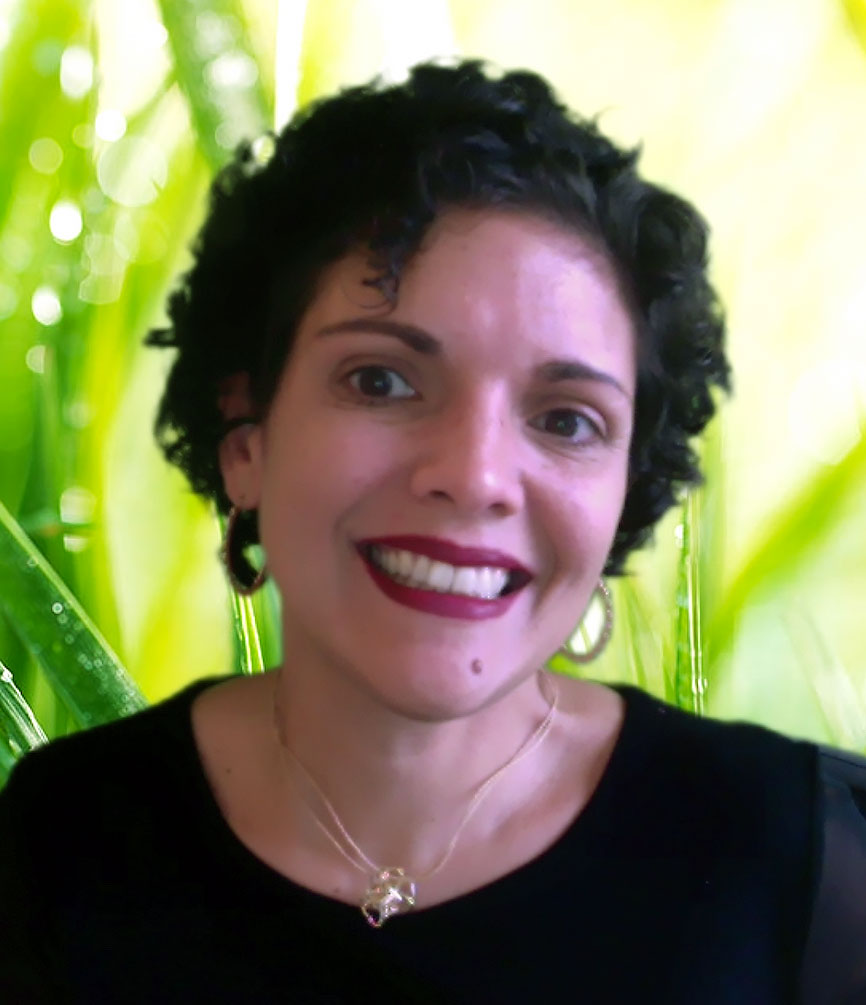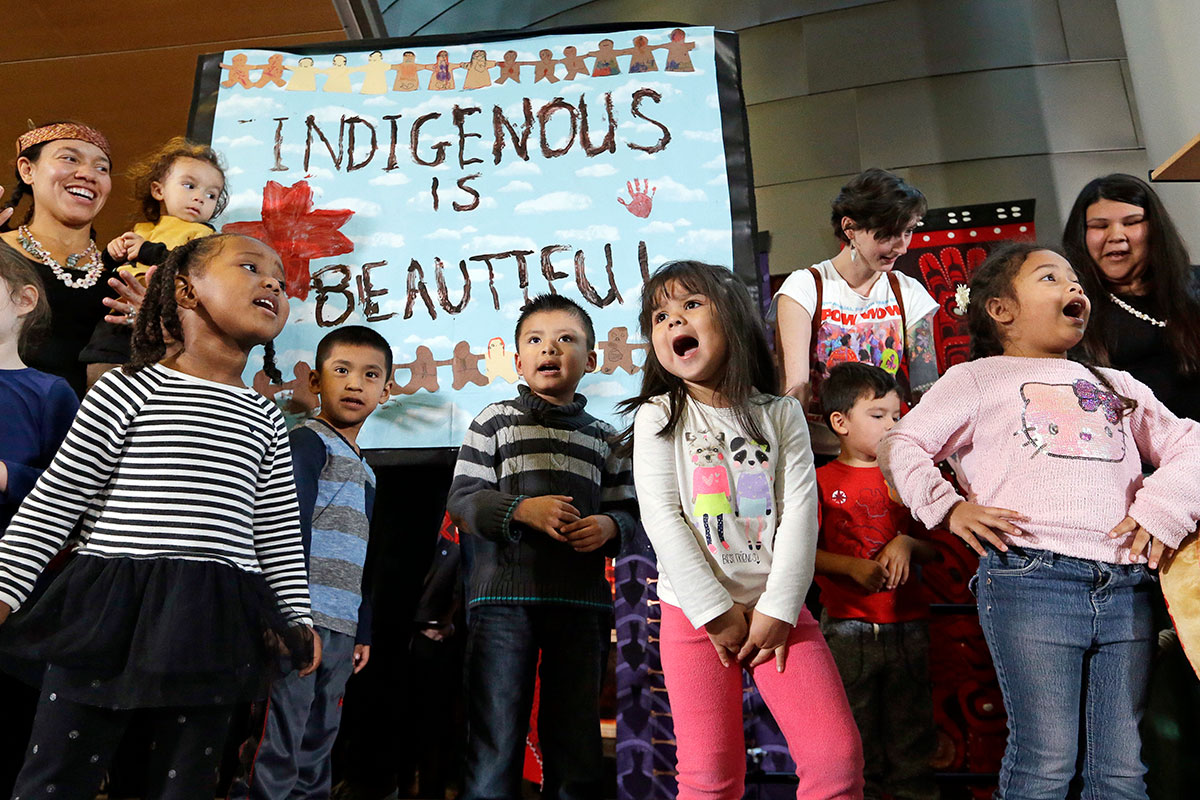In the first of two interviews in Education Week, Teachers College’s Mariana Souto-Manning, Professor of Early Childhood Education and co-author of No More Culturally Irrelevant Teaching: Not This But That (Heinemann 2018), addresses misconceptions about the nature of several related teaching strategies for honoring the knowledge of Black, Indigenous and people of color (BIPOC).
“Culturally responsive teaching and culturally relevant pedagogy (also referred to as culturally relevant teaching) have been misread by educators,” Souto-Manning tells interviewer Larry Ferlazzo, an English and social studies teacher at Luther Burbank High School in Sacramento, California. “Both concepts demand a proactive positioning of teachers — so that they plan to teach for justice instead of taking reactive approaches to address issues of harm and injustice after the fact, after they take place.”

PLANNING TO TEACH FOR JUSTICE Culturally responsive teaching and culturally relevant pedagogy go beyond typical reactive approaches that address issues of harm and injustice after they take place, argues TC’s Mariana Souto-Manning. (Photo: TC Archives)
Souto-Manning argues that another strategy, culturally sustaining pedagogy, “demands moving away from the performance of White middle-class norms in favor of exploring, critically problematizing, honoring, and extending the histories, legacies, and practices of BIPOC. In particular, it commits to a participatory and emancipatory approach whereby students and communities are positioned as agents who can and do offer input to (re)design teaching and learning expansively.”
In their book, Souto-Manning and co-authors Alicia Arce-Boardman, Jessica Martell, Carmen I. Lugo Llerena and Abigail Salas Maguire, expand on their belief that “BIPOC children do not need remediation — they are not broken!”
BIPOC children do not need remediation — they are not broken! Curriculum, teaching, schooling, and society do need remediation, and we regard culturally relevant teaching, culturally responsive teaching, and culturally sustaining pedagogies as antidotes or counterstories to culturally irrelevant teaching.
— Mariana Souto-Manning, Professor of Early Childhood Education
Rather, Souto-Manning says, “curriculum, teaching, schooling, and society do need remediation, and we regard culturally relevant teaching, culturally responsive teaching, and culturally sustaining pedagogies as antidotes or counterstories to culturally irrelevant teaching.” She adds: “It’s not only children who are Black, Indigenous, and of Color who benefit from a curriculum that centers their ways of knowing; so do White children who have the opportunity to interrupt the exaggerated sense of themselves and their importance in the world.”
